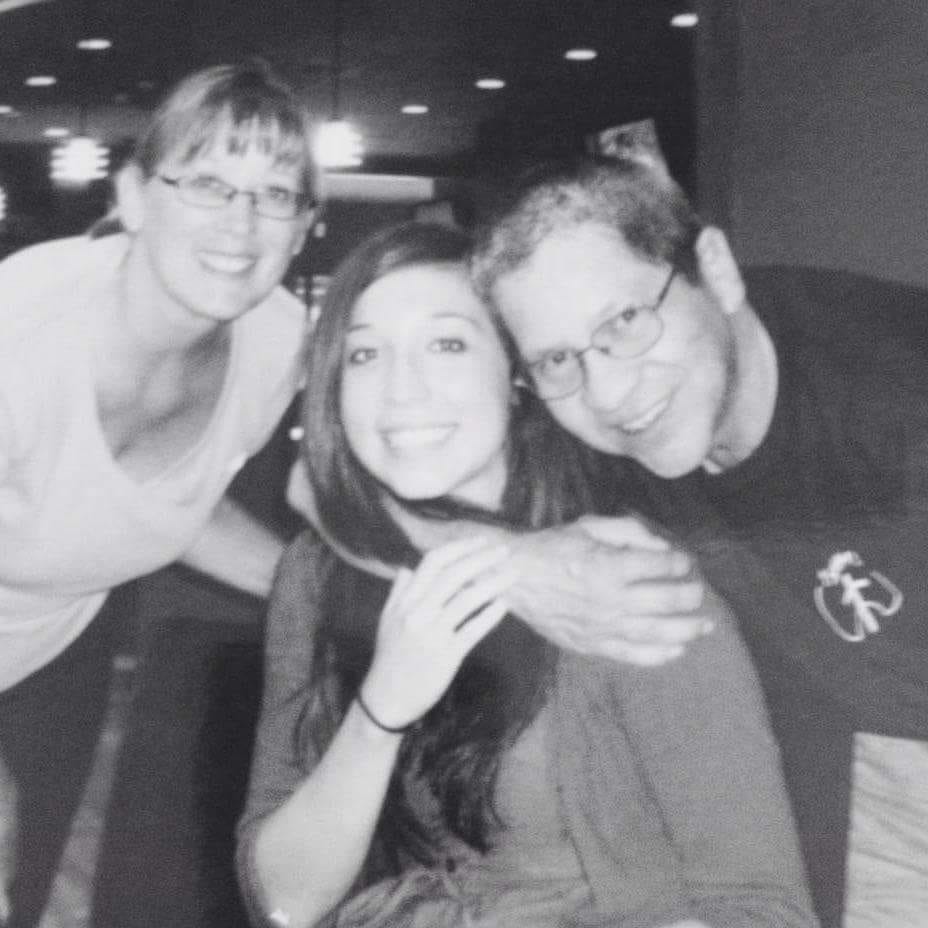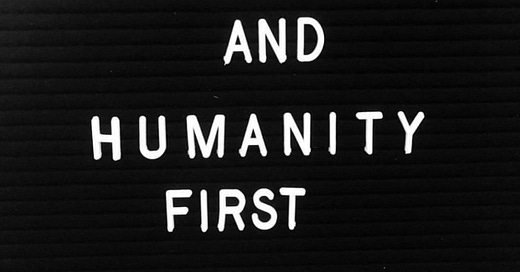forgiveness as a path to understanding…
today, I extend that practice of compassion and curiosity to you.
For most of my life, I lived under the assumption that everyone has the right to decency, dignity, and democracy—rights we all deserve to hold. My parents painted this picture for me well, yet I now realize that my journey has involved learning and unlearning these assumptions, which are anything but universally true.
The shift in my life began the moment I started questioning everything and allowed curiosity—and a few sacred drops of compassion—to guide me through what once seemed terrifying. It crystallized when I faced my dad in his final moments. My last words to him were, “You are a fucking asshole,” as I left him soulless and soon to be lifeless in our home.
I sensed something was profoundly wrong; my intuition urged me to wake up and confront the misalignment around me. I stopped coloring inside the lines of illusion, shedding the identity everyone thought I needed to be. Instead, I began to hold my life more sacredly, recognizing the inevitability of endings and grappling with the paradox of truth.
Combustion is a reaction, and my parents' story is a reflection of the many fables and foes we encounter in our reality. My greatest intention is to change this—to engage in ambitious soul work. I wouldn’t have reached this understanding of “I can and I will” without the fragility of their loss, intertwined with the horrors of what brought me here.
Shame casts a shadow over us. We often judge ourselves and each other based on our worst mistakes, losing sight of our true essence—our goodness, gentleness, and grace. We forget who we are and conform to cultural molds that dictate who is right or worthy. We lose our innocence and fall into traps of our own making, succumbing to intense and damaging energies that obscure our divine nature.
I wish I had focused more on their light. I wish I had been patient enough to sit with them in their pain. I wish for so much more.
Shame suffocates our light, creating the illusion of being wrong or unrepairable. The ego confines us in our madness, leading to despair. Our culture reinforces these stakes, making it nearly impossible to heal, to be heard, and to bring to light what we've tried to hide.
I’ve lived this. I’ve witnessed it. I’ve strived to shine light on how shame manifests in my story, my cells, and my mindsets.
There was much anger directed at my dad—rightfully so to some degree. Some choose to hold onto that anger, but for me, one of the easiest choices was to forgive both my parents. In that choice, my horizon broadened and my perspective deepened.
I discovered letters, songs, pictures, and places that revealed their humanity—showing me stories I had never been told, and their love in ways I had yet to witness. I began to see them as human and flawed. This curiosity led me to ask: what caused these “flaws”? What in their stories brought us here?
I became curious about their efforts: the money, time, arguments, and energy expended to seek help. They placed trust in systems that often let them down, and I realized that unworthiness is woven deep within our DNA—not inherent, but imposed through prejudice, bias, harm, and hate.
We are worthy, yet the world has yet to believe it.
As my compassion grew, so did my curiosity. Misery enjoys company, and it would have been easy to get lost in loss, pain, and heavy emotions. My soul witnessed what that does to people, and I refused to stay there—too toxic, too suffocating.
That refusal angered some; they didn't understand my choices or my pull toward something brighter. I chose to honor my dad with a memorial, holding space for who he was beyond the labels of murderer, alcoholism, and mental illness—beyond what it means to be a brown man in this world.
I honored my soul, and his.
I don’t know if I would have found that strength without my pain. The hole in my heart opened my mind, igniting curiosity about why we arrived here.
Unhealed trauma. Unheld truths. Unfair conditioning. The injustices of our systems. Biases placed on the harmed. All the ways we get trapped.
I once read that when children are abused, they don’t grow up hating their parents; they grow up hating themselves. We learn early to sever the flow of love and forgiveness. We learn to punish ourselves in countless ways, reinforcing the lie of unworthiness.
These shadows and imprints persist until we find the support and space to confront them.
My parents faced many demons, and they emerged victorious. My brother and I had more stability, food, shelter, and love than they did. They sacrificed everything for us to have a decent life.
In reflecting on my life, I recognize the sacredness of their sacrifices and hope that my journey could lead to a better chance at dignity.
Forgiving my dad was one of the easiest decisions I made. I saw him as the child who just wanted to belong, to be loved, to have life be simple and sweet.
I feel you, Dad. And that is all I want too.
Forgiving the world—our culture, our conditioning—is my greatest practice. I am grateful that my pain guided me here; without it, I wouldn’t have found my ground or the courage to continue my journey. I would lack the strength to question our existence in pursuit of returning to our humanity, essence, and love.
To forgive all is to understand all.
Today, I extend that practice of compassion and curiosity to you.
Nothing is guaranteed. Nothing is forever—except our love. Everything else will come and go.
May we not get lost in illusions or stuck in the confines of our cracks. May we persist in resolving what holds us back and repairing what harms us. May we choose to forgive the past, allowing us to create a more understanding, loving, and compassionate future for all.





